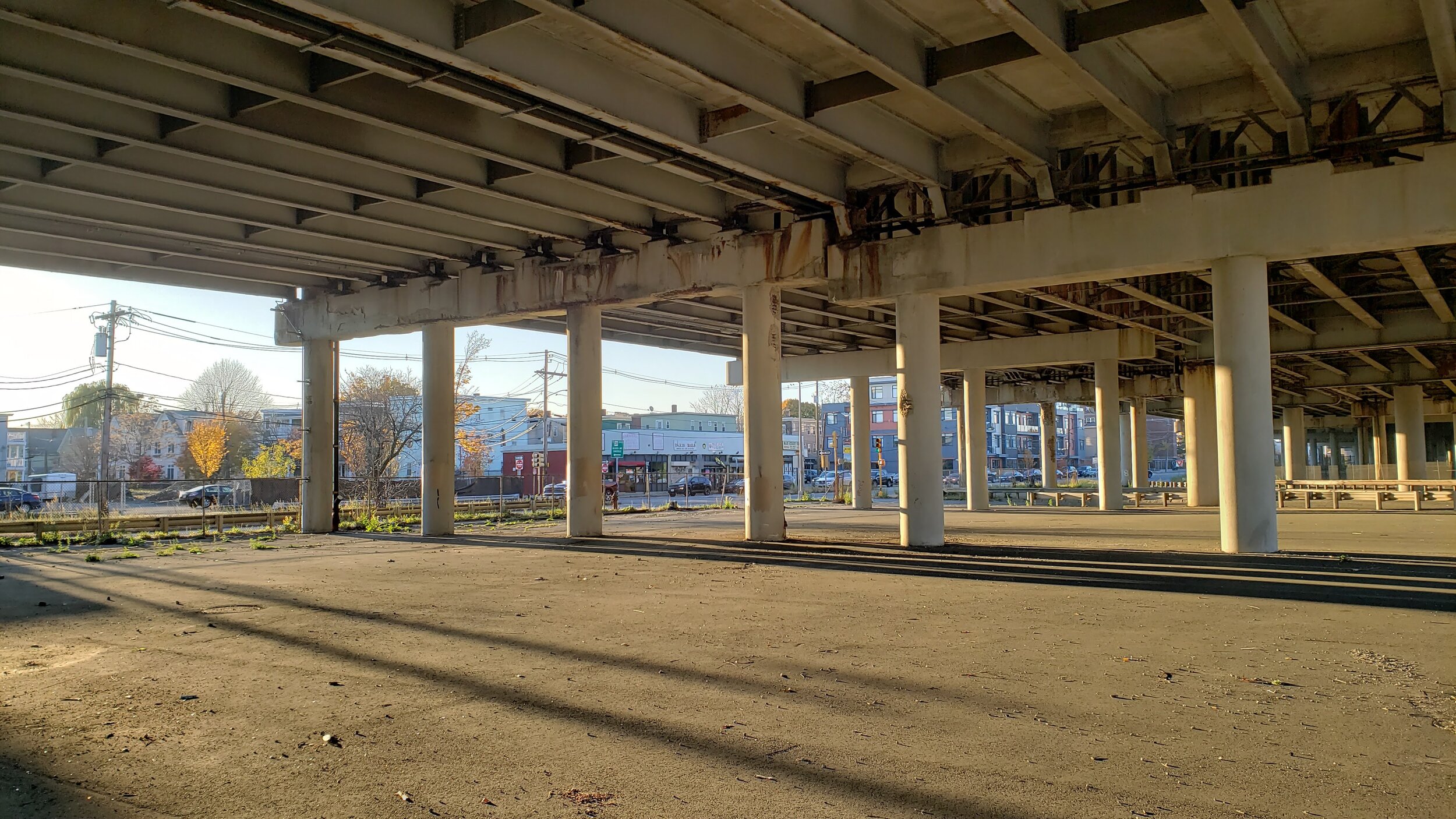
On Drugs & Alcohol
If you have any doubts, please be assured that Alcoholics Anonymous (AA) and other 12-step programs work. The research confirms that. Not everyone likes AA, and that’s understandable. But if you go to a meeting, please know that it’s like going to a restaurant. Just because you didn’t like that one, that doesn’t mean you won’t like any of them, ever. Try a different meeting. Try a bunch of times. A common slogan (and AA is nothing if not full of slogans) is, “Take what works and leave the rest.” Because AA works, I recommend reading The Big Book to anyone who is trying to stop drinking. The Big Book is AA’s foundational text that describes common stories and key steps in trying to stop. AA welcomes anyone with a substance use issue, but please also know that there are other similar 12-step programs: Narcotics Anonymous (NA), Cocaine Anonymous (CA), etc. Search for them online.
If AA is a non-starter for you, then you may be interested in learning more about Smart Recovery (www.smartrecovery.org) or Refuge Recovery (www.refugerecovery.org). These are also self-help or “mutual help” organizations.
If you are someone who loves someone in addiction, then you may want to learn more about Al-Anon (https://al-anon.org) or Learn 2 Cope (www.learn2cope.org).
There is a whole genre of recovery narratives— people writing about how messed up their lives were, and how they got over it. Caroline Knapp wrote a good one called, Drinking: A Love Story that is unique because it also is educative about the field of addiction. This makes it useful for not only people in recovery, but the people who love them, too.
Unique in the world of recovery narratives, David Scheff and Nic Scheff wrote a tandem of books from the father-son perspective. Nic Scheff was addicted to methamphetamine as a teenager (Tweak), and his father went through the ringer trying to help him (Beautiful Boy). They each wrote books about it. Remarkably, Nic Scheff is now sober for many years, and they recently wrote a book for teens and parents called, High.
If the substance problem in your life is not directly your problem, then you might want to read, Getting Your Loved One Sober (Robert Meyers & Brenda Wolfe). This practical book offers some guidance.
Getting good help for an addiction can be hard— way harder than anyone wishes it was. The NPR program Reveal recently did an exposé about some of the abuses in residential treatment. You can listen to it here: https://www.revealnews.org/american-rehab/ If you or someone you love is looking for a quality residential facility, then you may want to schedule a consultation with a licensed mental health professional first and/or look for the program’s accreditation by JCAHO (Joint Commission on Accredited Healthcare Organizations).
Lastly, we know that addictions run in families. Susan Black wrote a book a long time ago called It Could Never Happen to Me. It sheds some light on the family dynamics that are created by— and contribute to— problematic alcohol and substance use. If you want to avoid some of the traps you saw around you, then this can be eye-opening.